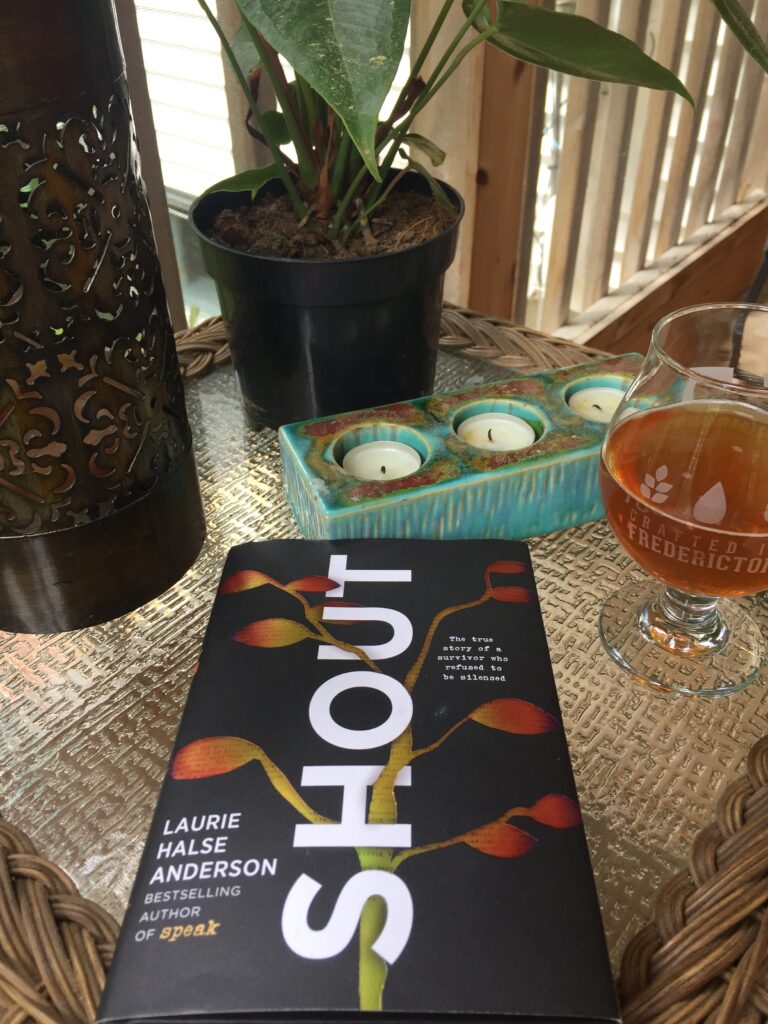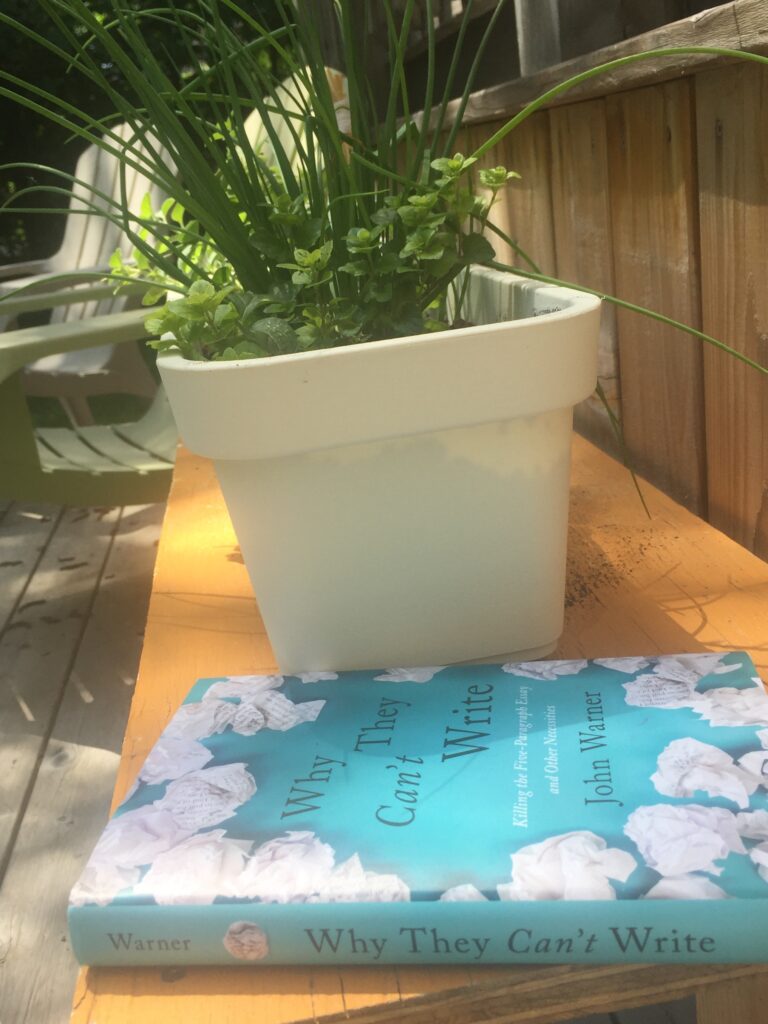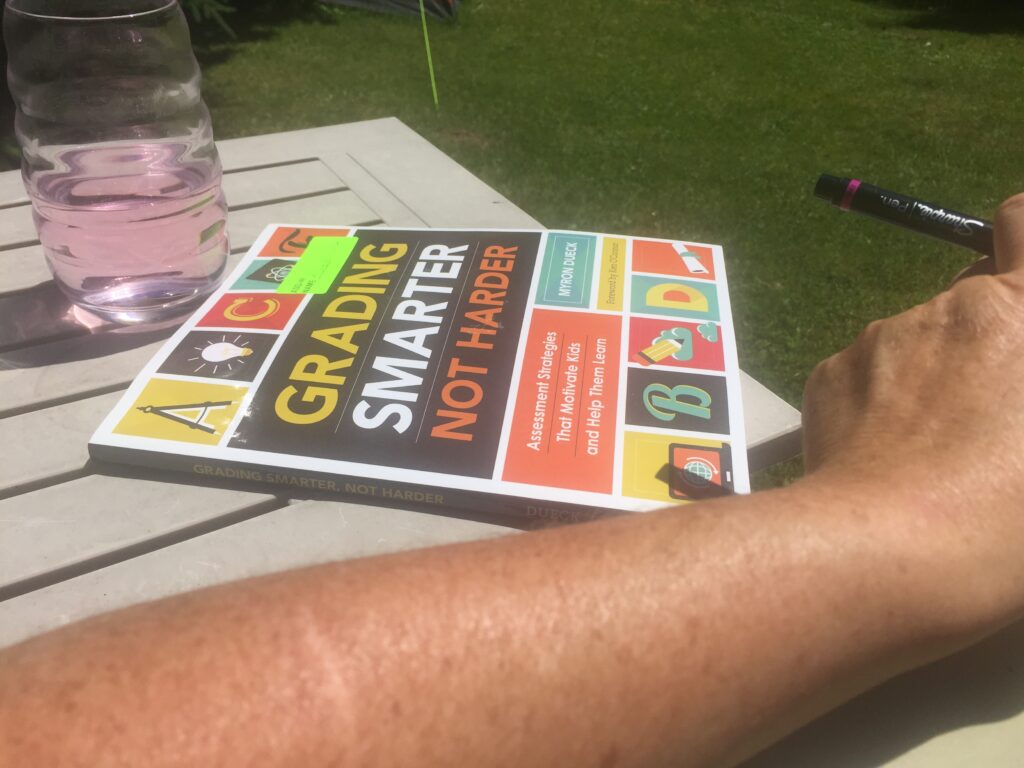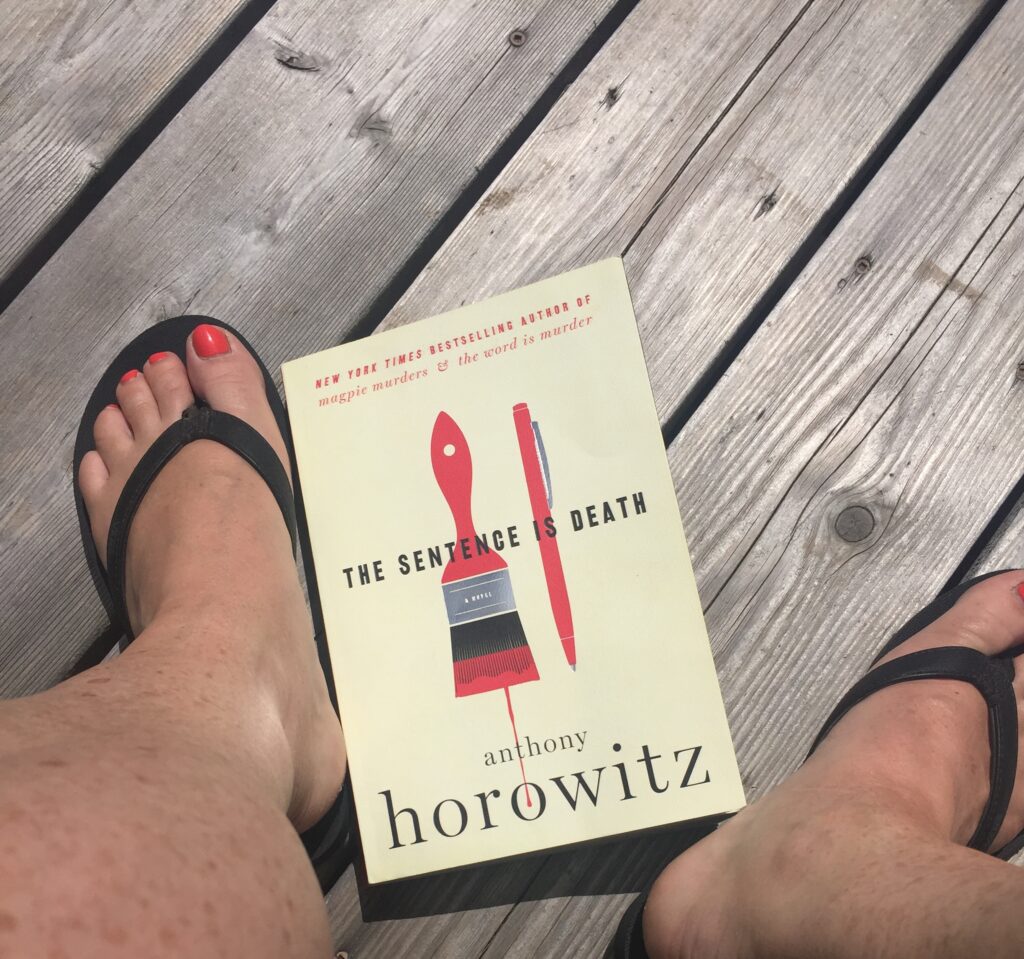Title: The Woo Woo: How I Survived Ice Hockey, Drug Raids, Demons and My Crazy Chinese Family
Author: Lindsay Wong
Date Read: July 16, 2019
Two snaps
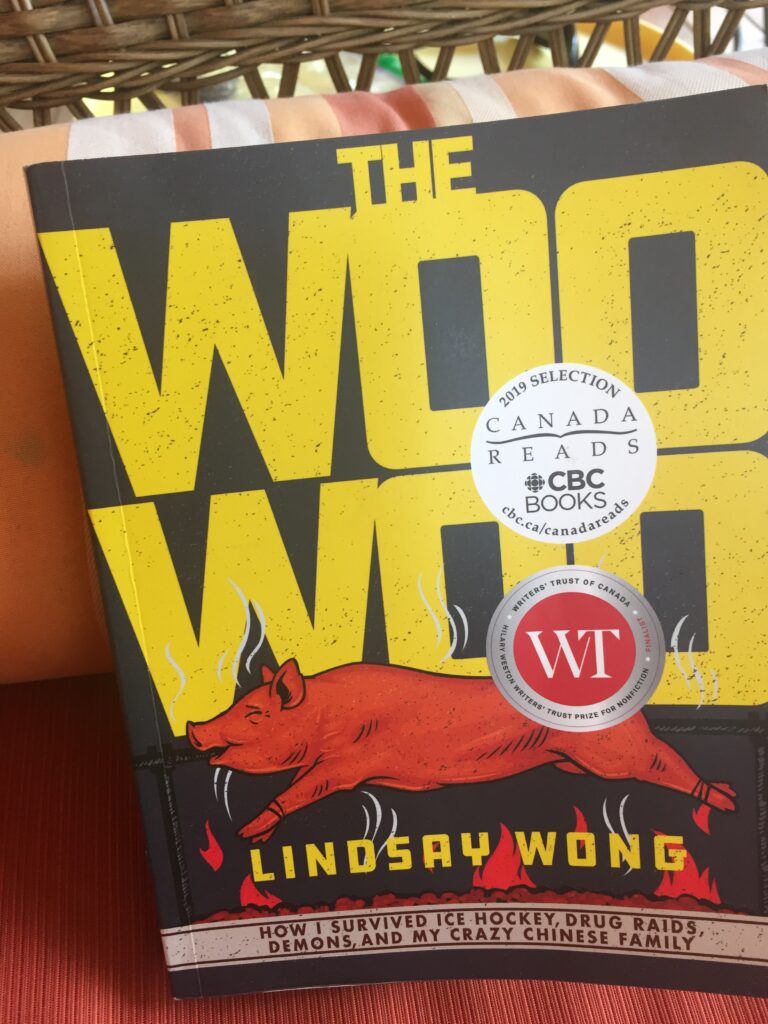
A memoir so insane it's almost unbelievable. Reminds me of when Oprah interrogated James Frey about his memoir, questioning whether all the things he experienced were true. The Woo Woo made me woo.
Lindsay Wong recounts her wildly eccentric life in prose that is both castigating and sympathetic of a family dealing with mental illness.
The book opens with Wong being diagnosed with migraine-related vistibulopathy. She is relieved because it's not what her family believed— the "Woo-Woo", or the ghosts her Chinese family believed roamed inside family members that caused a variety of illnesses. Because of these beliefs, there had been many extreme behaviours from camping in WalMart parking lots to sleeping under a restaurant table and living in the mall.
My heart ached for Lindsay and her siblings whose emotional and physical well-being was never a priority as the family coped with untreated mental illness. Wong channeled much of her aggression through hockey— her parents encouraged her to injure other players as much as she could.
It was an unflinching look at mental illness. I marvel at Wong's resilience, and what she was able to make of herself in the midst of anxiety, uncertainty and neglect. Stunning, heart-breaking, candid, and somehow all at once funny, bitter and melancholy. Contender for the Canada Reads 2019!

